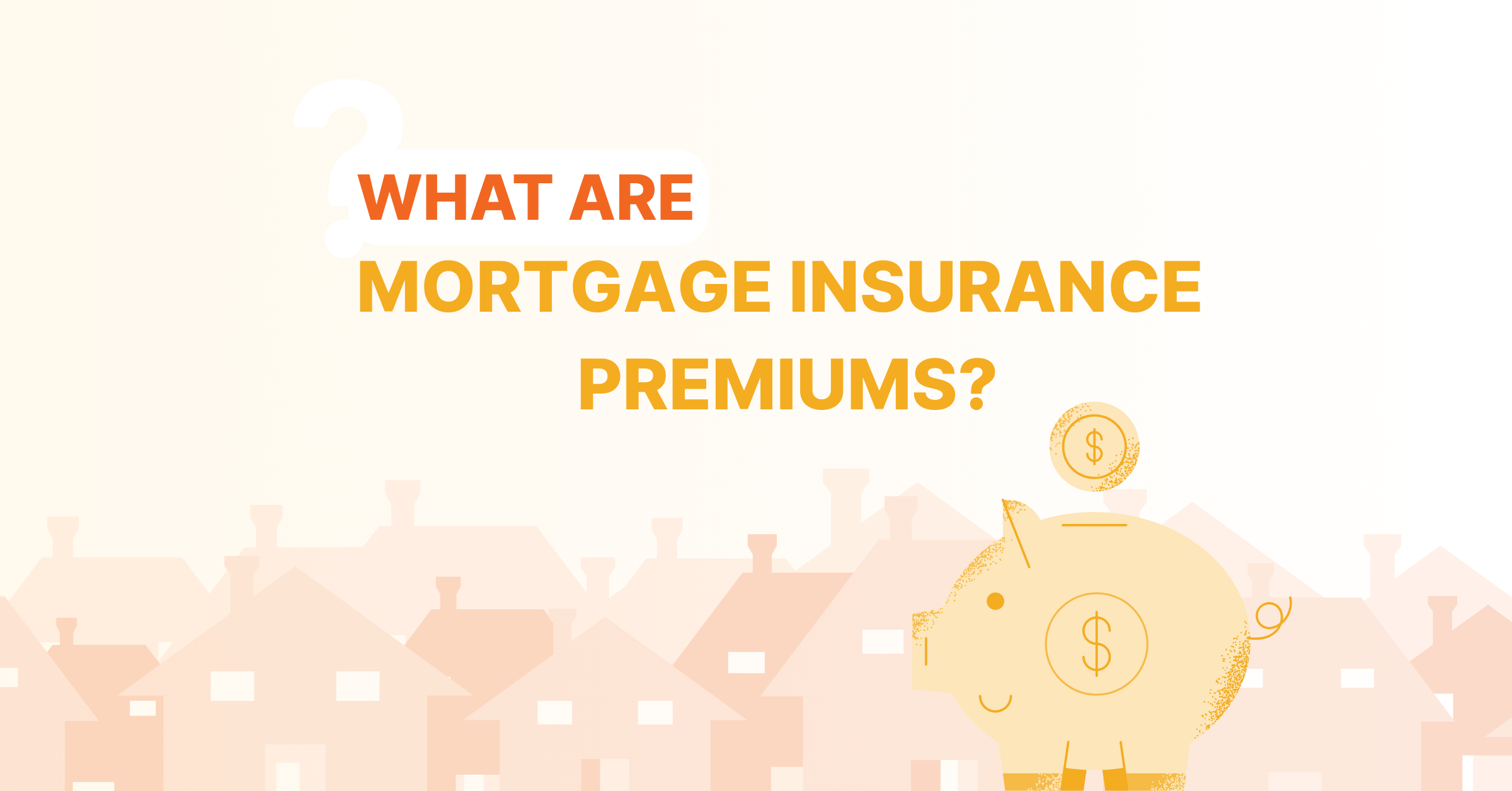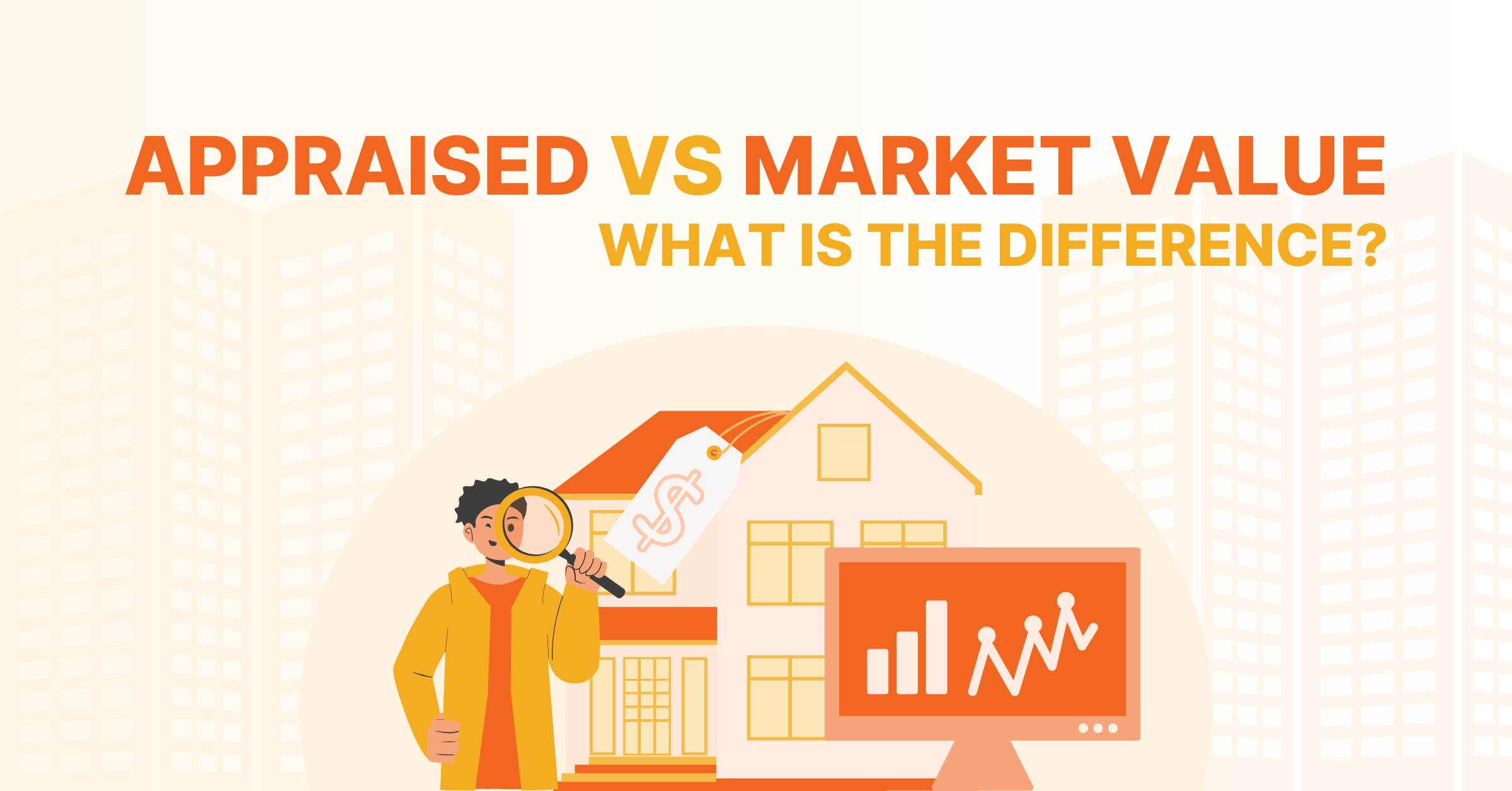Disclaimer: PropStream does not offer investing advice or make profit promises. This article is for educational purposes only. We recommend doing your due diligence and/or consulting financial professionals before taking out an FHA or conventional loan to invest in real estate.
|
Key Takeaways:
|
How you finance an investment property can make or break a deal. That’s why it’s crucial to consider all your options. Two of the most common ways to fund a property purchase are FHA loans and conventional loans.
In this article, we’ll explore how these two loan options stack up, their pros and cons, and when it’s best to use one over the other.
Table of Contents |
What Are FHA Loans?
FHA loans are mortgages backed by the Federal Housing Administration (FHA) and issued by FHA-approved lenders. That means if a borrower defaults, FHA will make up the difference, creating less risk for the lender.
Since FHA lenders face less risk, they can be more flexible on whom they qualify for loans, making them ideal for first-time investors or those with limited income.
However, FHA loans can only finance your primary residence, meaning your investing strategy options are limited to house hacking (living in one part of the house while renting out another).
What Are Conventional Loans?
Conventional loans aren’t insured by a federal agency. Instead, they are issued by private lenders, such as banks and credit unions, who take on the full risk of the debt.
As a result, conventional loans tend to have stricter qualification criteria. For example, you may need a higher credit score or lower debt-to-income (DTI) ratio. However, unlike FHA loans, you can use conventional loans to buy investment properties separate from your home.
It’s also important to note that conventional loans can be conforming or non-conforming. Conforming loans meet the standards set by the Federal Housing Finance Agency (FHFA) and the government-sponsored enterprises Fannie Mae and Freddie Mac, which buy mortgages on the secondary market.
Non-conforming loans don’t meet these standards. A common example is jumbo loans, which exceed FHFA loan size limits.
Key Differences Between Conventional and FHA Loans
Now that you know what FHA and conventional loans are, here are their key differences:

Property Type
The biggest difference between FHA and conventional loans is eligible property types.
FHA loans can only finance primary residences. In other words, you must live in at least part of the property full-time. However, that doesn’t mean you can’t rent out other parts. For example, you could lease a spare bedroom or living unit. In fact, FHA loans can be used to buy multifamily properties with up to four units.
Conventional loans don’t have an occupancy requirement. That means you can use them to buy investment property separate from your home, whether it’s a short-term or long-term rental.
Credit Score
FHA loans typically require a credit score of at least 580. However, some lenders allow credit scores as low as 500 if you make a down payment of at least 10%.
In contrast, conventional loans generally require a credit score of 620 or higher, no matter how much you put down.
Down Payment
If your credit score is 580 or higher, you can put down as little as 3.5% on an FHA loan. On a $300,000 house, that’s just $10,500.
For a conventional loan, some lenders let you put down as little as 3%. However, anything less than 20% will require you to get private mortgage insurance (PMI).
Loan Limits
FHA loan limits change annually and vary based on property type and location. In 2025, the FHA loan limit for a single-family home in most counties is $524,225, though it can be as high as $1,209,750 in high-cost areas.
Similarly, the FHFA sets loan limits for conventional loans. In 2025, the FHFA loan limit for a single-family home is $806,500 in most of the U.S. and $1,209,750 in high-cost areas.
Debt-to-Income (DTI) Ratio
The debt-to-income ratio compares your total debt to your income. For example, a DTI of 50% means your debt obligations equal half your income. The lower your DTI, the more comfortably you can make your mortgage payments and the less risk you pose to lenders.
The maximum DTI allowed for FHA loans is 57%, but most FHA lenders set lower limits closer to 40%. Meanwhile, conventional lenders impose DTI limits of 50% or less.
Keep in mind that for both loan types, mitigating factors such as a large down payment or cash savings can sometimes raise your DTI limit.
Mortgage Insurance
Mortgage insurance is a premium you pay the lender to protect them if you default on your loan.
FHA lenders require you to pay a mortgage insurance premium (MIP) split into two parts: an upfront fee of 1.75% of the total loan amount, which can be wrapped into the mortgage, and a monthly premium that varies based on the loan’s size, term, and loan-to-value (LTV) ratio. You must pay this monthly premium for the life of the loan unless you make a down payment of 10% or more, in which case the monthly premium expires after 11 years.
For conventional loans, you must pay private mortgage insurance (PMI) if you put down less than 20%. However, once you achieve 20% equity in your property (by paying down the loan), you’re no longer required to have PMI. By the time you reach 22%, PMI drops off automatically.
Interest Rates
Interest rates on FHA and conventional loans fluctuate with the market and vary based on your creditworthiness. However, since FHA lenders don’t need to charge as high of a risk premium (due to government backing), their mortgage rates tend to be lower.
However, that doesn’t mean the total cost of an FHA loan will be lower. For example, the FHA mortgage insurance premium (MIP) could more than offset a lower interest rate. That’s why it’s always wise to look at a loan’s annual percentage rate (APR), which considers both the cost of the interest rate and all the fees.
Appraisal Standards
When conducting appraisals, FHA and conventional loans have different property standards.
FHA lenders have stricter requirements. They not only assess the collateralized property’s value but thoroughly vet it for safety and habitability to ensure it will be a suitable home.
Meanwhile, conventional lenders have looser appraisal standards. They mainly want to evaluate the property’s value to ensure they can recoup their costs should you default on the loan.
With either loan type, however, it’s wise to get a home inspection to uncover potential damage and hazards before you buy.
Refinance Process
Refinancing means replacing an old mortgage with a new one. It is usually done to take advantage of a lower interest rate, better loan terms, or the opportunity to withdraw equity as cash. However, the refinance process can vary by loan type.
FHA “Streamline Refinances” lets you refinance into another FHA loan without undergoing a credit check, income verification, and sometimes even a home appraisal. It’s one of the easiest refinance options available.
In contrast, most conventional loan refinances require you to qualify the same way you would for a new mortgage—by going through a lengthy application process to demonstrate your creditworthiness and having the property pass an appraisal.
Pros and Cons of FHA Loans
Here are the benefits and drawbacks of getting an FHA loan:

Pros and Cons of Conventional Loans
Here are the advantages and disadvantages of getting a conventional loan:

When to Choose an FHA vs. Conventional Loan as an Investor
The right loan type for you depends on your situation and how you want to invest.
For example, if you’re a first-time investor with limited capital, an FHA loan may be the way to go. It can be easier to qualify for and can let you generate income from your primary residence while benefiting from a lower interest rate.
Conversely, if you’re an experienced investor who wants to add to an existing property portfolio, a conventional loan may be the better option. The appraisal process is faster and you won’t be stuck with mortgage insurance for the life of the loan.
Use PropStream to Find Your Next Investment Property
Whatever financing you choose, PropStream can help you pair it with the right property. Search our database of over 160 million properties nationwide to find off-market deals in your budget.
With PropStream Intelligence™, you can also filter your search by property condition, foreclosure status, estimated wholesale value, and more! It’s never been easier to find real estate opportunities that meet your investment criteria.
Try PropStream for 7 Days Free!
Sign up today for a free 7-day trial and get 50 leads on us!
Frequently-Asked Questions (FAQs)
What is an FHA loan?
An FHA loan is a government-backed mortgage designed for primary residences, offering flexible qualification requirements for borrowers with lower credit scores or limited income.
What is a conventional loan?
A conventional loan is a non-government-backed mortgage provided by private lenders and used to finance both primary residences and investment properties.
What is the biggest difference between an FHA loan and a conventional loan?
The biggest difference is that FHA loans can only finance primary residences, while conventional loans can finance both primary and investment properties.
Which loan type is better for investors: FHA or conventional?
The better loan type depends on your goals. FHA loans are better suited for first-time investors who want to house hack, while conventional loans offer more options for experienced investors.
Can I switch from an FHA loan to a conventional loan?
Yes, you can refinance an FHA loan into a conventional loan if you meet the lender’s qualification criteria and refinancing terms.
What are other government-backed loan options?
Other government-backed loan options include VA loans for veterans and their families and USDA loans for rural properties.
Subscribe To PropStream's Newsletter


